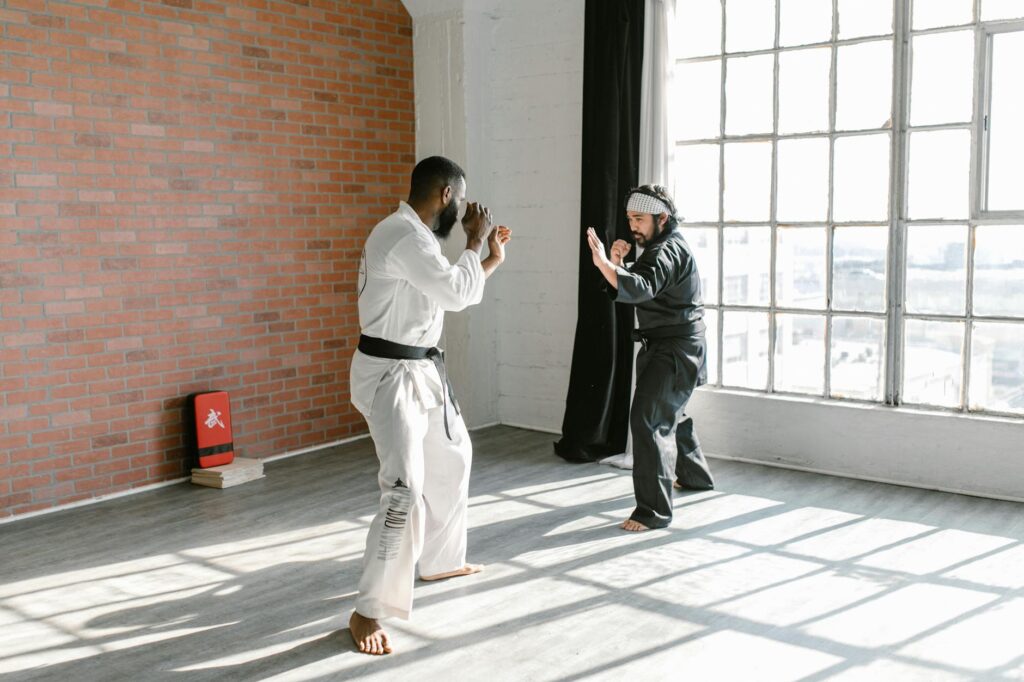What is self-improvement techniques?

What is self-improvement techniques?
Self-improvement is a powerful journey that many of us embark on to elevate our lives. It encompasses various techniques aimed at enhancing our abilities, mindset, and overall quality of life. In both personal and professional domains, self-improvement techniques can lead to significant transformations. But what exactly are these techniques, and how can they benefit us? Let’s explore the world of self-improvement and discover the methods that can empower you to unlock your full potential.
Understanding Self-Improvement Techniques
Self-improvement techniques are strategies that individuals use to enhance their skills, mindset, and quality of life. These approaches help foster personal growth, build resilience, and create a more fulfilling life.
What Are Self-Improvement Techniques?
At its core, self-improvement involves actionable steps you take to better yourself. This could be anything from developing new skills to changing your mindset. Think of it like upgrading your software; just as updates can improve functionality, self-improvement techniques can enhance your life experience.
For example, setting specific goals or exploring mindfulness practices are self-improvement techniques that encourage growth. The essence of self-improvement lies in the commitment to becoming a better version of yourself, both personally and professionally.
Why Self-Improvement is Important
Engaging in self-improvement has numerous benefits that extend beyond personal gratification. It can lead to increased confidence, better relationships, and even career advancement. When you invest time in personal growth, you become more resilient to life’s challenges. According to The Importance of Self-Improvement for Leaders, self-improvement helps enhance strengths and improve mental health, ultimately leading to more fulfilling interactions and experiences.
Moreover, the journey of self-improvement often fosters a positive mindset, making you more adaptable and open to new experiences. As you learn and grow, you not only benefit yourself but also inspire those around you.
Types of Self-Improvement Techniques
Self-improvement techniques can be categorized into different areas, each focusing on specific aspects of personal growth. Below, we’ll explore various techniques that can help you enhance productivity and personal fulfillment.
Goal Setting Techniques
Effective goal setting serves as a foundation for self-improvement. When you set clear, achievable goals, you create a roadmap for success. Techniques like SMART (Specific, Measurable, Achievable, Relevant, Time-bound) goals allow you to outline your ambitions clearly.
By breaking down larger goals into smaller, manageable tasks, you can maintain motivation and track your progress. This method not only clarifies your objectives but also makes the journey to achieving them more enjoyable.
Time Management Strategies
Time management is another crucial aspect of self-improvement. Techniques such as the Pomodoro Technique or the Eisenhower Matrix can enhance your ability to manage time effectively.
-
Pomodoro Technique: This method involves working in focused bursts of 25 minutes followed by a 5-minute break. This approach can boost concentration and productivity.
-
Eisenhower Matrix: This strategy helps prioritize tasks based on urgency and importance, allowing you to focus on what truly matters.
By mastering time management, you free up time for self-care and personal development, creating a better work-life balance.
Mindfulness and Meditation Practices
Mindfulness and meditation are powerful tools for enhancing mental well-being. These practices help anchor you in the present moment, reducing stress and improving focus. Techniques like deep breathing, guided meditation, or yoga can foster a sense of calm and clarity.
Regular mindfulness practice not only sharpens your concentration but also leads to better emotional regulation, which is essential for handling life’s ups and downs. Engaging in activities that promote mindfulness can significantly enhance your self-awareness and emotional intelligence.

Photo by RDNE Stock project
Implementing Self-Improvement Techniques
Incorporating self-improvement techniques into your daily routine can be transformative. Here’s how you can get started.
Creating a Personal Development Plan
A personal development plan serves as a blueprint for your self-improvement journey. Begin by outlining your goals, identifying areas you wish to improve, and determining the resources you’ll need.
Consider breaking it down into short-term and long-term goals. For instance, you might want to read one book per month or practice a new skill for 30 minutes daily. Whatever your goals are, ensure they align with your personal values and aspirations.
Tracking Progress and Accountability
Monitoring your progress is vital for maintaining motivation. Utilize journals, apps, or spreadsheets to track your achievements and reflect on your journey.
Accountability can also enhance your self-improvement efforts. Share your goals with a friend or join a community focused on personal growth. This not only provides encouragement but also fosters a sense of shared commitment.
Challenges in Self-Improvement
While self-improvement is rewarding, it often comes with challenges. Recognizing these obstacles is the first step to overcoming them.
Overcoming Procrastination
Procrastination is a common hurdle that can derail your self-improvement journey. To combat this, employ strategies like breaking tasks into smaller segments or using deadlines to create a sense of urgency.
Establishing a routine can also minimize distractions. If you schedule specific times for self-improvement activities, you’re more likely to follow through on your commitments.
Staying Motivated
Maintaining motivation can be tough, especially during setbacks. One effective way to stay inspired is to remind yourself of your “why.” Reflect on the reasons you started your self-improvement journey in the first place.
Visualizing your success and celebrating small wins can also rejuvenate your motivation. Surround yourself with supportive individuals who uplift you and hold you accountable, making the journey more enjoyable and engaging.
Conclusion
Self-improvement techniques are essential tools for personal and professional growth. From goal setting